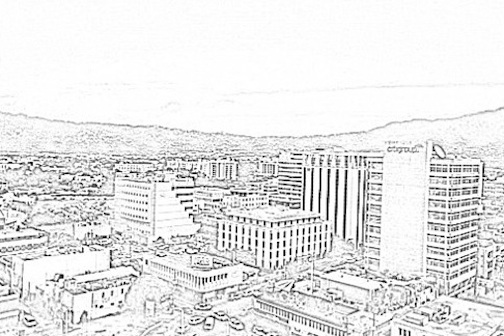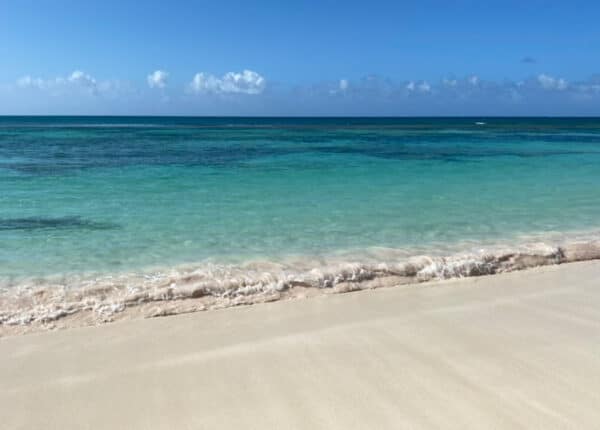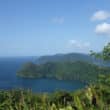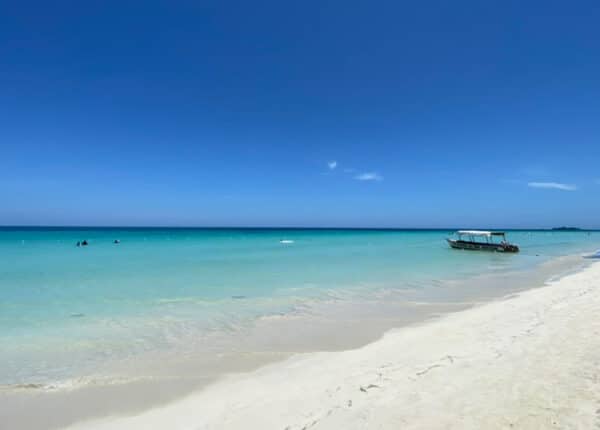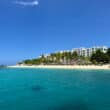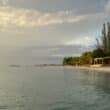By Javed Jaghai and Jaevion Nelson
Op-Ed Contributors
Jamaicans are known for our vibrancy and assertiveness, but when it comes to social justice and human rights advocacy, we are lackluster at best. An appreciation of human rights and its significance for maintaining a safe, peaceful and orderly society is lacking. Apathy has set in, and we no longer feel the need to speak out on issues that are not of immediate concern to us. Ultimately, vulnerable groups are left to protest and fend for themselves as the national collective, too often, distances itself from their struggles. Among these groups are children, citizens of the inner city, sexual minorities, the disabled and those who are HIV seropositive.
A History Stained by Injustice
Our daily lives are informed by a multiplicity of social ills that the government, civil society and community leaders seem powerless to resolve. As we prepare to celebrate 50 years of independence, we must acknowledge that our post-independence history is stained with the blood of thousands murdered by gunmen and members of the security forces. Today, we are so desensitized to the high levels of violence in our society that gruesome reports of murders elicit but a feeble lament before we move on with our lives.
In recent years, Jamaica has gained international notoriety for mistreatment of its lesbian and gay citizens. Verbal harassment, eviction, sexual assault and physical violence are some of the abuses regularly reported to human rights organizations. More pernicious than any of these overt manifestations of hatred, however, is the psychological impact of homophobia on all of us. Homosexuals are silenced by the fear of reprisal if they should publicly affirm their identities and the larger population is sanctioned to intensify their charge against gay people.
In May 2008, negligence at a state-run facility for children resulted in a fire, which killed seven girls and left several others injured. This incident highlighted the deplorable conditions endured by children in the care of the state. Many of us bemoaned the situation that led to the tragedy, but soon after the inquiry we forgot about Armadale.
Almost four years have passed since the fire, but children in state-run facilities and in our communities are still at risk of abuse and still suffer from neglect. In the last four years alone, over seven thousand cases of child sexual abuse have been reported to the Office of the Children’s Registry.
Prioritizing Local Issues in a Globalized World
In recent weeks, many Jamaicans enlisted in the viral Kony 2012 campaign to promote justice for children and their families in Uganda. Weeks later, the murder of an African-American teenager, Trayvon Martin, and the outrage it sparked in America were the subject of many heated discussions by Jamaicans about racism. These two events reminded us that we care deeply about correcting injustice. Jamaicans are plugged into global news networks and we are identifying with the struggles of vulnerable people in foreign communities. It is heartening that many of us feel a sense of responsibility to speak out against injustices abroad. The dilemma is that too many of us are blind to and silent about the injustices in our midst.
Almost two weeks ago, policemen murdered a student of Immaculate Conception High in the inner city. Her name is Vanessa Kirkland, but today she is far less famous in Jamaica than Trayvon Martin. We are outraged by classic manifestations of racism in America, but indifferent to the many indigenous forms of racism and classism that we often help to affirm through our speech, actions and indifference. Joseph Kony has no equal in Jamaica, but we know of area dons who have committed serious crimes in poor urban communities. Many minors have been recruited by them to support criminal operations. It seems we have acquiesced to the tyranny of local agents of injustice because we have already resolved that the quest for justice in Jamaica is futile.
It is evident that there is great ignorance about the rights and responsibilities of citizenship and the obligations of the government. Perhaps this is the reason for our fleeting, occasional responses to injustice and our troubling indifference to the concerns of numerous vulnerable constituencies. We can only hope that the reintroduction of civics in the school curriculum will cultivate a sense of awareness and responsibility in the next generation. While there is a lot that the government can do by way of laws to address the many critical social issues of our time, we also have a role to play in reforming our culture of apathy.
It should be instructive that Jamaica played a prominent role in the international campaign against apartheid. In 1957, Jamaica became the first country to declare a trade embargo against South Africa, even though the island was still a colony of Britain without much clout geopolitically.
We have long been committed to the principles of human rights but we have neglected to address many of the vexing human rights issues that are prominent in our society. Everyone has a right to choose what social justice campaigns interest them and will be afforded their support. May we also find it necessary to commit ourselves to raising awareness about problems of our own in an effort to resolve them.
“Jamaica 50” is a year of celebration, but we must recognize our failings and the urgent need for reinvention.
Jaevion Nelson has seven years of experience in development with a focus on human rights. Javed Jaghai is a senior fellow and BA candidate at Dartmouth College.
Note: the opinions expressed in Caribbean Journal Op-Eds are those of the author and do not necessarily reflect the views of the Caribbean Journal.

